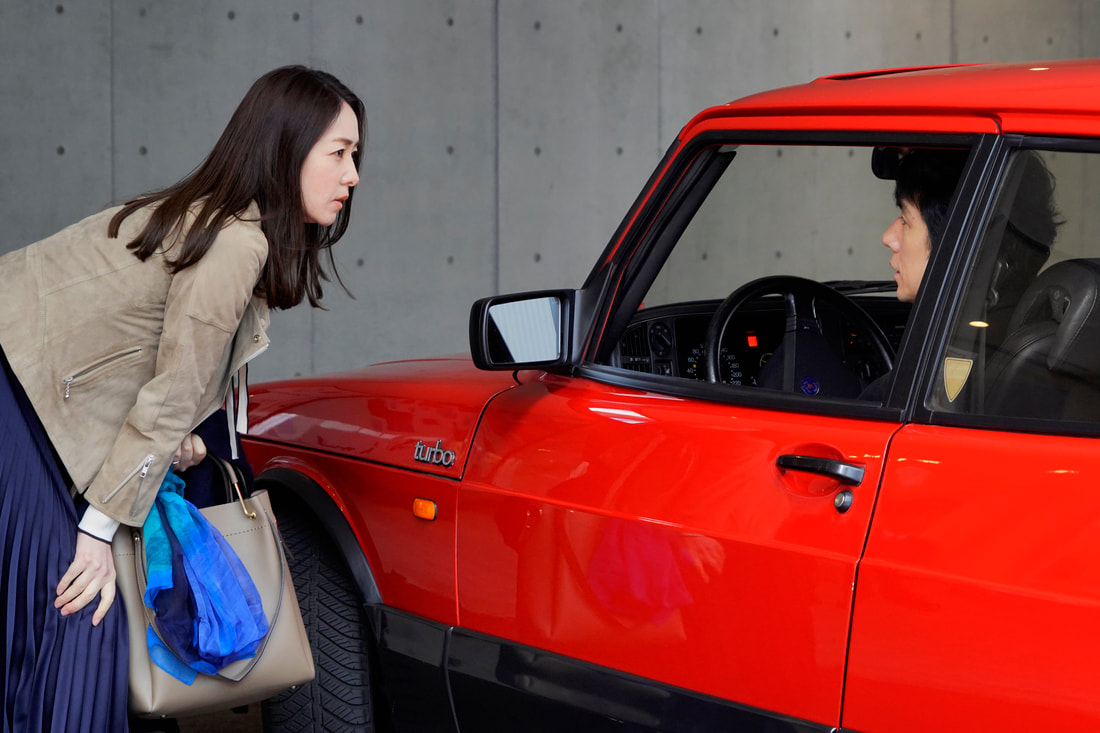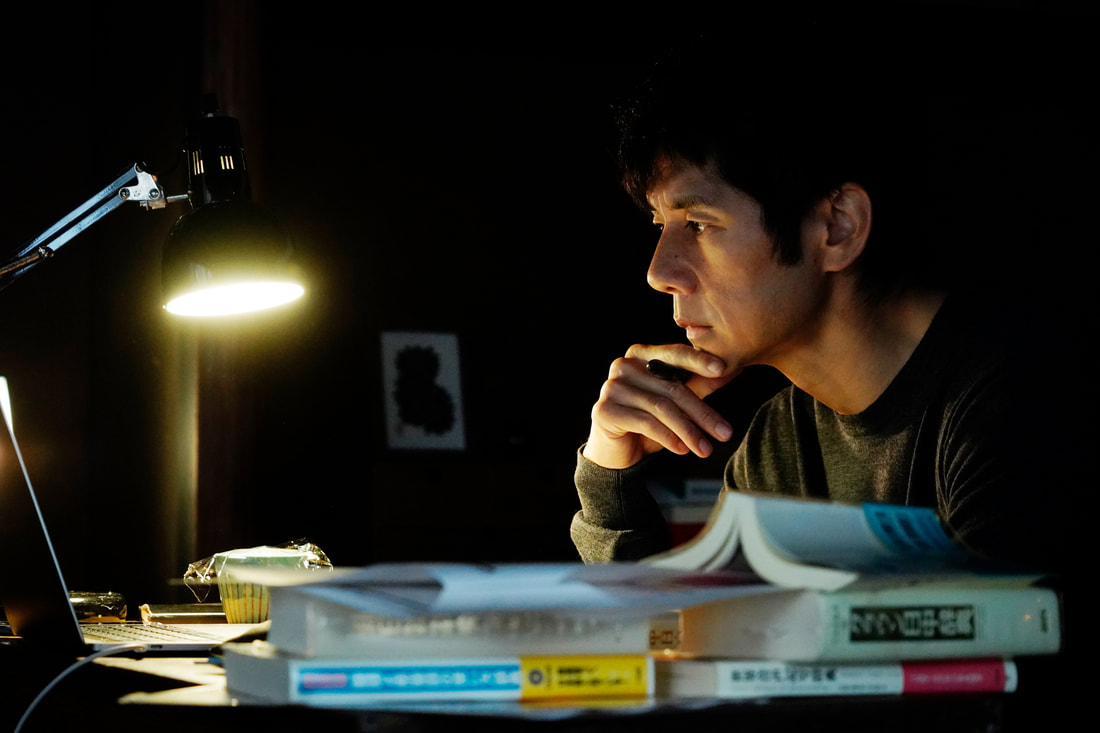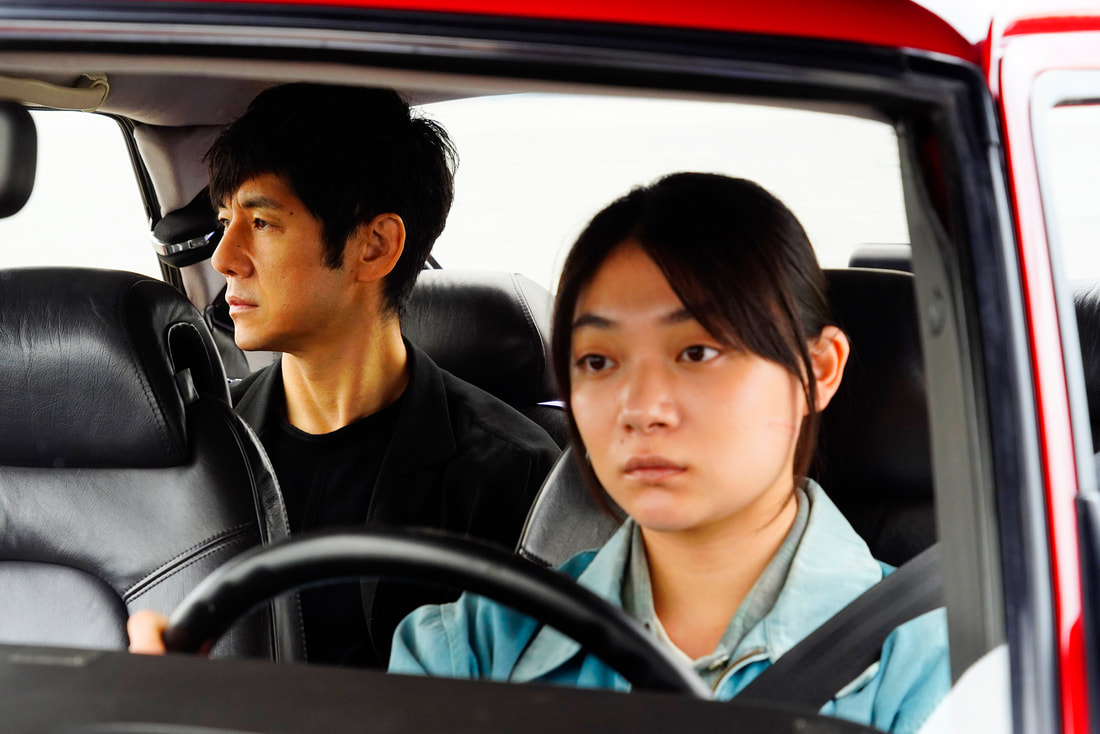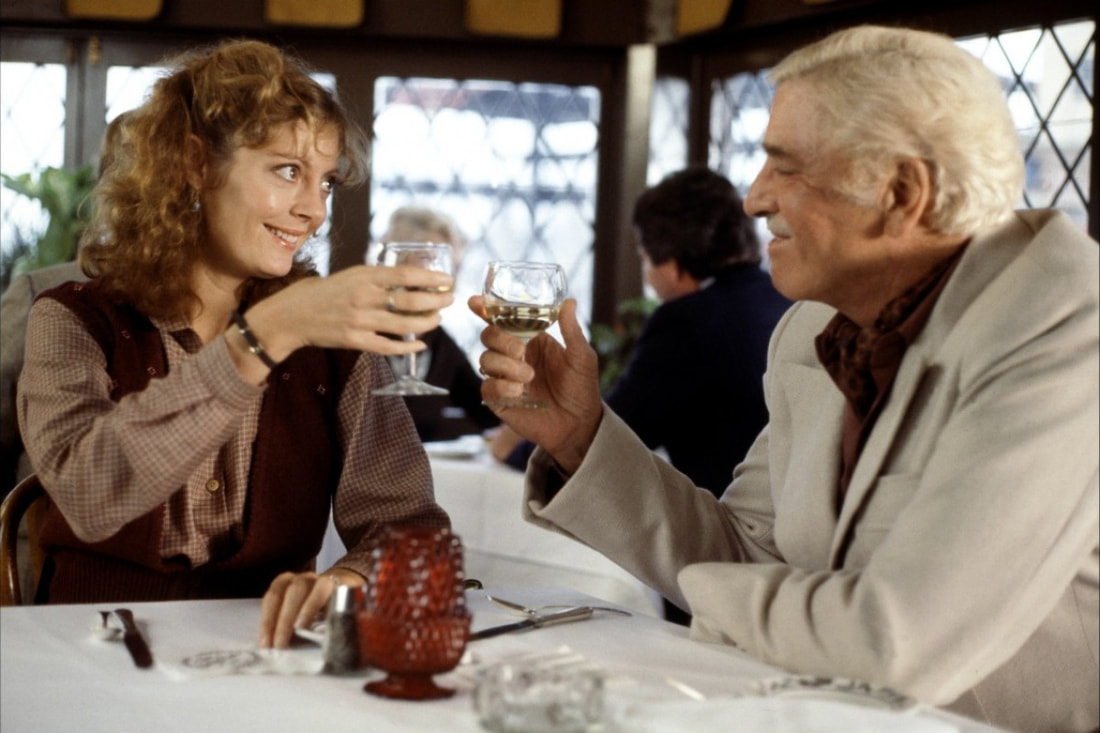|
The venerable Aaron Sorkin states in his masterclass.com lecture that if you have a story about a place and its people, it should become a TV show. Movies, in his opinion, are about intents, conflicts, and resolutions. The resolution may not be a happy one but there is still one. This, more or less, fits with our understanding of what movies are, and why we go watch them in the first place. We’re seeking stories - of triumph, sorrow, squalor, or redemption. Sometimes we seek pure entertainment where as other times, we are soul searching, yearning to find a resonance or a reflection of ourselves. When the movie ends, we go home, treating the characters as memories frozen in time and space. As if we carry picture postcards of the movie’s final frame, a summary scribbled in broad strokes on the back and a rating where the zip code goes. No matter how we approach cinema, it is usually about this endgame - the happy, sad, tough, or miraculous path to the ever-after. “Drive my Car” is curious about the long, slow drawl of life that comes after the big moments we typically see on screen. It is a movie about the ever-afters - the consequences and the fallouts, of big events that seem to fundamentally change life yet retain its trajectory. It is about losing loved ones and how that delivers debilitating grief that feels like an endless vacuum. It is about the constant power struggle between the tenacious grip of this vacuum and the flawed human attempts to fill it. In strokes both broad and fine, this movie is about life’s prognosis when all of its purpose has been stripped away in one fell swoop. Ryusuke Hamaguchi truly gets this condition. In “Drive my Car”, he creates a 3-hour long work of artistic, cinematic, and humanistic indulgence. It is seminal not only in its exploration of philosophical quandaries but also in how it plays with a movie’s structure to achieve a consummate effect on the viewer. It demands the audiences’ attention through out its protracted screen time, delivers enough to hold this attention, and then rewards the viewer with profound allegories to take home. I have seldom seen expanded works of cinema that are so finely crafted, tailored even, to every last minute of storytelling. The creation here has microscopic attention to detail yet macroscopic intent. Dare I say, in comparison, works of the French and Italian new wave masters feel a bit unnecessarily abstract and vague (looking at you, Antonioni and Godard!). Grossly speaking, “Drive my Car”plays out in three acts - that work almost like three layers that take us deeper and deeper into the aforementioned ever-after. Each part is roughly an hour long, with the opening credits placed firmly at the end of the first one. It unfolds like a play, and in fact, is about a play that is used somewhat as a MacGuffin. The first act thoroughly layers in the complicated yet loving relationship between successful actor/playwright Yusuke Kafuku and his actress wife, Oto Kafuku. An unforeseen tragedy leads Yusuke across the country, tasked with directing a play that could be his magnum opus. But this also holds core challenges - he can’t bring himself to play the lead role. Diffusing from the first act into the second, we see Yusuke’s commitment to his car and his art, how one becomes a conduit to the other, and how both become windows through which he chooses to see the world and the questions he has for it. The third act then absorbs Yusuke through these windows, asking him to surmount the very predicament he is escaping from. Along this path, Yusuke meets a smattering of characters, all in different states of hope and despair, as is often the case with life. The most significant of these is Misaki Watari, employed by the theater to drive Yusuke around. Misaki is stoic on the surface but has traumas from her own past, juxtaposing her interestingly next to Yusuke. None of the film’s acts transition into each other through steadfast markers though - they’re not doors that open into new rooms, rather just all interconnected hallways that take you down the long, unsuspecting path of life - fording through subtle yet difficult transformations. Even the acting all around is delivered with a delicate and casual poise. A lot of the technical craft in the movie, including Hidetoshi Shinomiya’s visuals and Eiko Ishibashi’s music, feels deliberately mellowed. Nothing is in your face, yet it all manages to sneak its way subtly into your psyche. In “Drive My Car”, Hamaguchi inconspicuously builds a narrative that is a focused and humbling rumination on how people, their vocations and avocations, and the environment - even the titular car - all become mere artifacts to fill their lives and its emptiness with. As expertly rendered as it is, the filmmaking prowess is far from the argument for this movie - it is a definite and decent effort to understand what it means to be have human consciousness and interact with everything around us. When the world exposes the fragility of the facades and purports we build for ourselves, how do we make sense of what we had, and where do we go next? “Drive My Car” is now streaming on HBO Max.
0 Comments
Leave a Reply. |
Read MoreAtlantic CityAtlantic City says so much about two people in a relationship, without saying too much.
Booksmart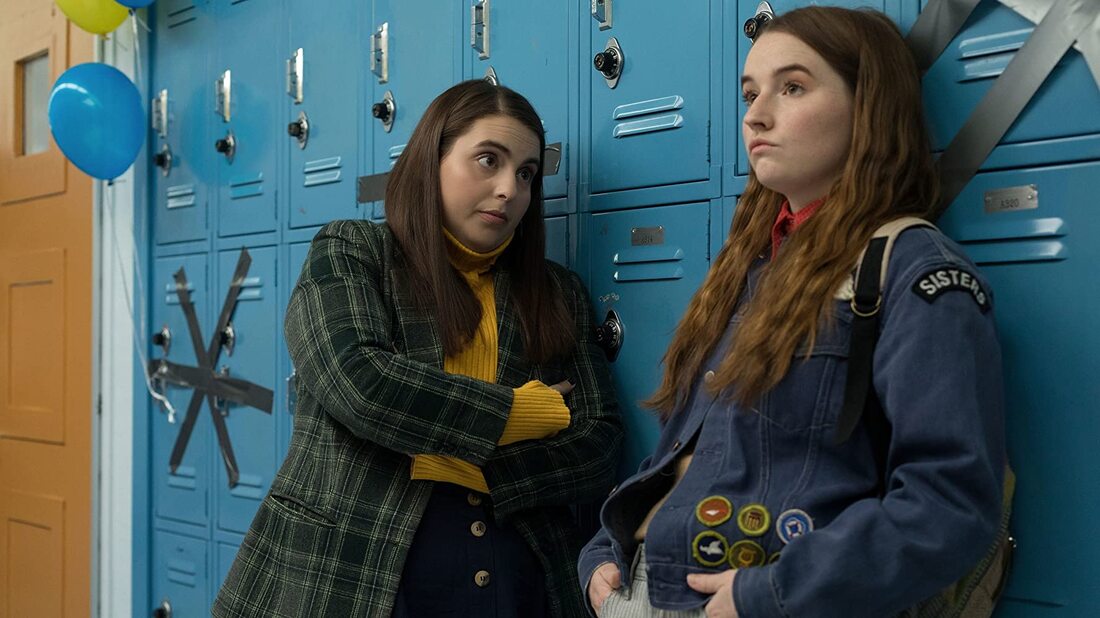
A comedy that is fun, while being just good cinema in the first place.
Categories
All
|
